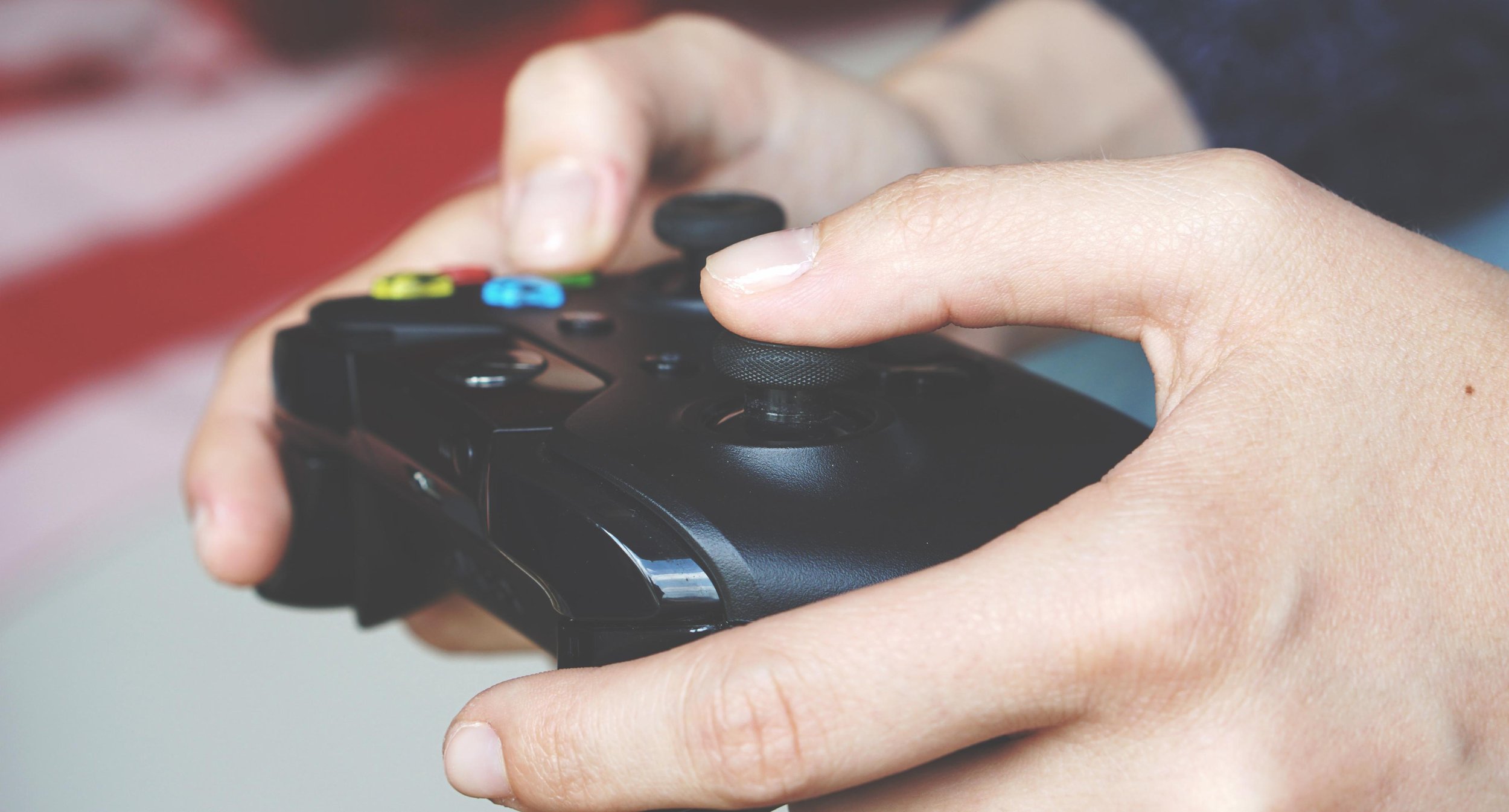As an educational technology company, we love to talk about how technology helps kids learn more efficiently, engage in heightened collaboration, and access real-time data and resources that would otherwise be unavailable in traditional classrooms. Technology can and often does make us better at almost everything.
And it can make us really good at being distracted.
One could argue that the minds of students have always been easily lured away from classroom activity. The only difference now is that instead of staring out of windows, they are staring into Microsoft’s equivalent; instead of daydreaming, they are building virtual realities in Minecraft.
As adults can attest, switching from “play mode” to “work mode” isn’t easy, especially when using the same device for both. Children have a particularly hard time making this transition; not only are they more easily influenced by technology, but they also don’t get as many chances to learn and practice their focusing skills--and the distractions are only a click away.
And I don’t think we’re alone when we say us adults could use a refresher course, too. Here are a few tips to help you and the students in your life focus on what’s important and still make time for play, be it in their Minecraft world or on social media.
Give yourself a clear lead.
You may never be able to remove every distraction from your classroom, office, or home, but you can learn to clear and calm your mind. If it helps (and it likely will), remove visible and audible distractions from your desktop, log out of your email and social media, silence notifications, and put your phone in a drawer. If all else fails, fight tech with tech. These distraction-diverter apps can help.
Classroom focus: Guide the kids through a quick mindfulness exercise that includes some deep belly breathing before starting a new task.
Intentionally place your focus on the task at hand.
It’s been proven that multitasking physically shrinks your brain, so stop doing it. Work on your task or watch television or text your best friend, don’t try to do all at the same time. Your attention will suffer on all, and you’ll only accomplish a fraction of what you want and need to get done.
Classroom focus: Clearly state the one task you want your students to accomplish and what you expect to be completed at the end of the alloted time. Have them write it down or repeat it (out loud or to themselves) to make sure it sticks.
Take short breaks.
“Downtime is to the brain what sleep is to the body,” said Dr. Rich of Harvard Medical School in a New York Times article. “But kids are in a constant mode of stimulation.”
There’s a reason why productivity systems like Pomodoro are popular--because they work in realistic ways. The Pomodoro Technique, which is a time management method that interlaces timed bursts of productivity with short breaks, helps keep people focused because it keeps work and play in perspective, all while allowing access to both. Make sure some tasks or breaks are of the unplugged variety to give the brain time to process and adapt to something new.
Classroom focus: Incorporate tech-free breaks throughout your day and encourage students to take breaks from a task on a regular basis to do something physical or an activity that allows their brain to rest.
What else are you doing in your classrooms to maximize their focus and learning potential? If you ever need ideas, we've got a few.

